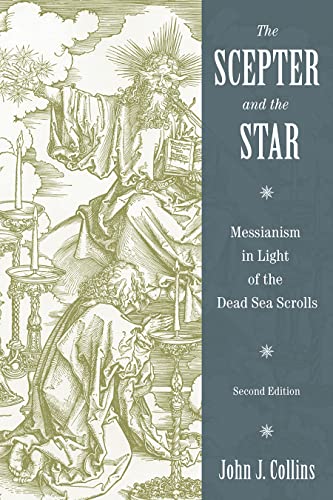What do you think?
Rate this book


314 pages, Kindle Edition
First published March 1, 1995
John J. Collins is Holmes Professor of Old Testament at Yale Divinity School. A native of Ireland, he has a doctorate from Harvard University, and earlier taught at the University of Chicago, and the University of Notre Dame. He has published widely on the subjects of apocalypticism, wisdom, Hellenistic Judaism, and the Dead Sea Scrolls and served as president of both the Catholic Biblical Association and the Society of Biblical Literature.